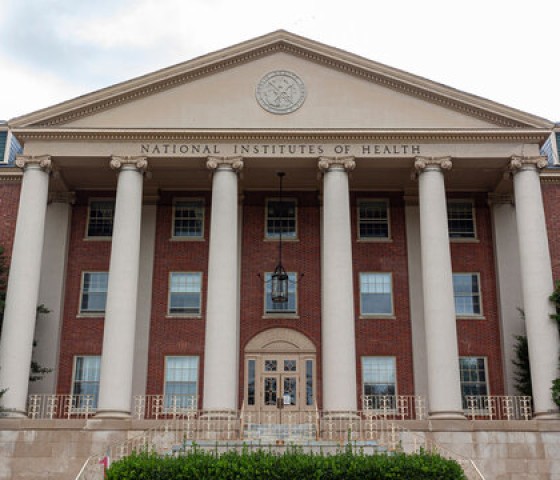COGR has written to Dr. Jay Bhattacharya, Director of the National Institutes of Health (NIH), seeking clarification on recent NIH policy changes that have caused...
Proposals & Award Policies
Policies, practices, and requirements for the submission of proposals and the management of awards of federally funded research.

Featured
COGR's Response to OSTP's RFI on Accelerating the American Scientific Enterprise
COGR submitted responses to select questions posed in the White House OSTP's request for information on "Accelerating the American Scientific Enterprise." The...
The Administrative Burden of "Defend the Spend" - NCURA Magazine December 2025
The December 2025 NCURA Magazine article discusses the federal “Defend the Spend” initiative, which, through recent executive orders, imposes extensive new reporting...
Resources
Point of Contact
All Proposals & Award Policies Articles
Uniform Guidance Revisions—Then, Now and When October 2025
A summary from COGR's October 2025 membership meeting of updates to the Uniform Guidance (2 CFR 200) Compliance Supplement affecting research institutions’ management of federal awards, as well as potential issues in future F&A cost reimbursement models.
October 23-24, 2025 COGR Meeting Materials
Slide presentations shared during the October 23-24, 2025 COGR meeting in Washington D.C.
Appendix 3 to F&A Capstone Report: COGR Member Universities Responding to 2023 Cost Reimbursement Rate Survey
The document presents data from the COGR 2023 F&A (Facilities & Administrative) Survey, focusing on average administrative cost components at member universities, segmented by U.S. region and institutional research expenditures (HERD categories). The reported averages indicate notable variations across regions and institution sizes, with Northeast institutions consistently reporting some o
Update from COGR on Department of Energy Limitations on Reimbursement of Indirect Costs
The document outlines recent policy changes implemented by the Department of Energy (DOE) regarding the reimbursement of indirect costs under financial assistance awards. While the policy explicitly exempts Institutions of Higher Education (IHEs), it imposes significant limitations on indirect cost recovery for other recipient types, such as state and local governments (capped at 10% of total awar
Uniform Guidance Resources
A compilation of resources related to 2 CFR 200 "Uniform Guidance"
COGR Matrix of Laws, Regulations, and Policies Regarding Science & Security
COGR has developed a comprehensive chart that summarizes and compares federal laws, regulations, and policies in the area of science and security.
COGR, AAMC, AAU, and APLU Submit Joint Comments to NIH on Publication Cost Limits
The Association of American Medical Colleges, Association of American Universities, Association of Public and Land-grant Universities, and COGR submitted joint feedback to the NIH opposing proposed limitations on allowable publishing costs for NIH-funded research, arguing that such limits could impede effective dissemination, create inequities among institutions, and hinder early-career researcher
July 2025 Update
The July 2025 COGR Update offers a comprehensive review of recent policy, legal, and regulatory developments affecting research institutions, with primary focus on federal funding, research security, administrative burden, and the controversial 15% cap on indirect cost reimbursement. It details COGR’s advocacy—including legal actions and promotion of the FAIR Model—as well as significant federal a
DOD ONR Indirect Cost Memo
Not in effect. AAU v. DOD: The District Court held that it had subject matter jurisdiction over the case and granted summary judgement in favor of the plaintiffs. The District Court declared that the DOD’s Rate Cap Policy was invalid, contrary to law, and arbitrary and capricious.
COGR Initiates Contact with Newly Appointed NIH Director Regarding the Partnership Between NIH and Research Institutions and Requests Clarifications on NIH Policies
COGR has written to Dr. Jay Bhattacharya, Director of the National Institutes of Health (NIH), seeking clarification on recent NIH policy changes that have caused confusion and uncertainty within the research community. COGR requests detailed guidance on issues such as research award terminations, appeals processes, funding disruptions, centralized peer review, no-cost extensions, program changes



